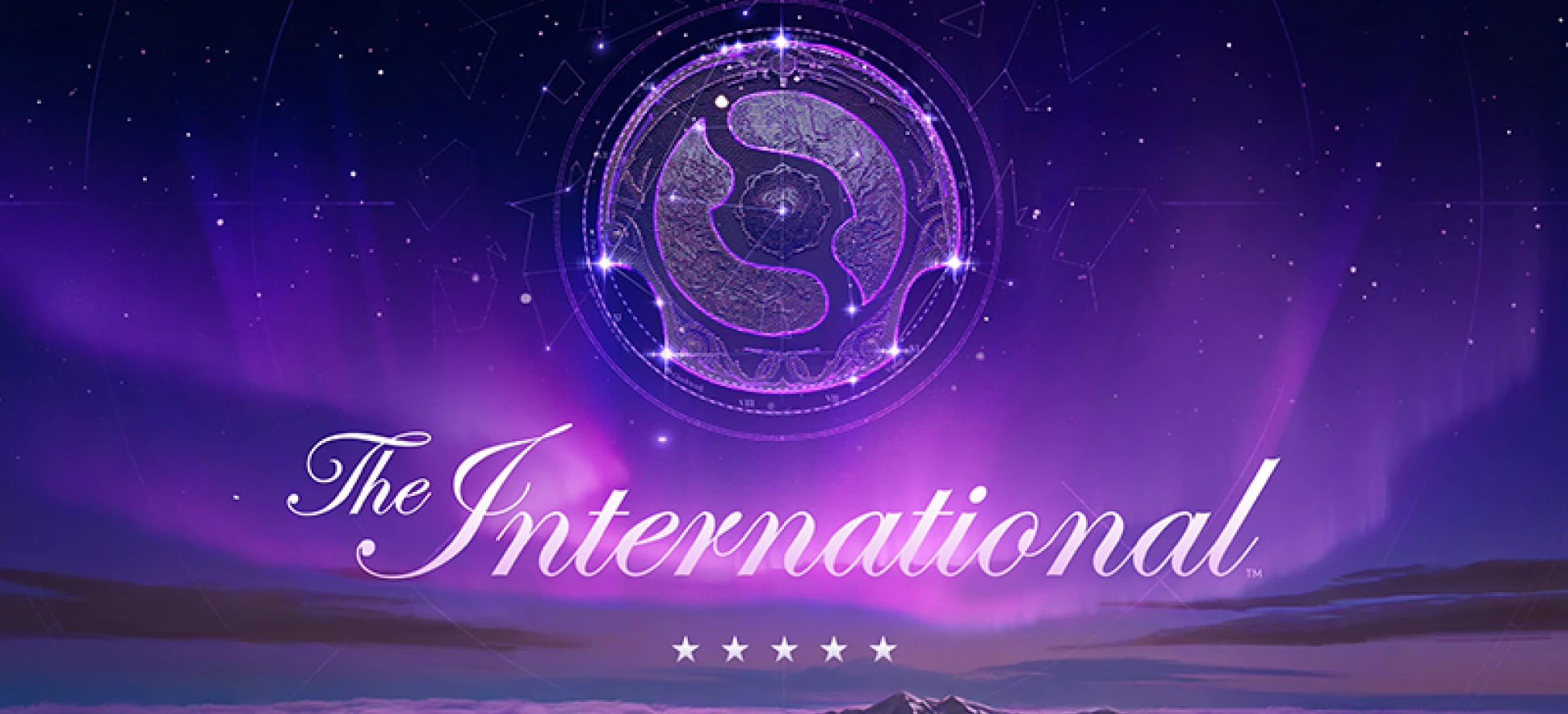The dawn of The International, Valve`s annual magnum opus for Dota 2, always brings a flurry of anticipation. Beyond the battle for the Aegis, fans eagerly await the reveal of the broadcast talent – the voices that will guide them through every pivotal play, every heart-stopping moment. This year, the announcement of the casters for The International 2025 arrived somewhat quietly, overshadowed by new Compendium formats and club bundles. Yet, a closer inspection reveals a landscape subtly, but significantly, shifting, prompting both discussion and a degree of head-scratching within the community.
The Enduring Debate: Pros vs. Pundits
For years, a central discourse in esports broadcasting has revolved around the ideal composition of the analyst desk and commentary booths. Should it be seasoned professional players, fresh from the trenches of competitive play, or dedicated casters and analysts honed in the art of eloquent articulation? Arguments abound on both sides, each with their undeniable merits:
- The Pro Player Perspective: They possess an unparalleled depth of understanding – the meta, the micro-decisions, the strategic nuances that often escape even the most observant casual viewer. Their insights can be revelations, dissecting plays with surgical precision and offering a genuine “player`s eye” view of the chaos.
- The Dedicated Talent Perspective: While pros offer unique perspectives, not all possess the natural flair for broadcasting. The ability to convey complex ideas clearly, maintain engagement throughout a multi-hour broadcast, and build a compelling narrative often comes with dedicated practice and a different skill set entirely. A smooth delivery can often overshadow raw, but poorly articulated, genius.
However, the broader audience, driven by a thirst for star power and relatable insights, has historically gravitated towards the inclusion of legendary figures like Solo, Dendi, or Puppey, regardless of their current competitive status. Their presence lends an undeniable gravitas and connection to the game`s rich history, offering a sense of continuity and prestige.
A Tale of Two Broadcasts: English vs. Russian
The talent roster for TI2025 presents an intriguing divergence, particularly when comparing the English and Russian language broadcasts. The English team appears to maintain a robust representation of professional players, offering a blend of former pros and established analytical minds. This composition often strikes a chord with viewers seeking that “in-the-know” commentary, a feeling of peering behind the curtain with those who truly understand the game`s highest echelons.
Conversely, the Russian-language broadcast for TI2025 sees a notable shift. In stark contrast to previous years, where a healthy mix of active and retired professionals graced the desks, the upcoming event features a remarkably sparse presence of former professional players. This leaves many in the community pondering the decision, especially recalling the diverse and well-received lineup from TI13, which boasted a far more balanced mix of competitive insight and casting polish.
Unpacking the `Why`: Beyond the Obvious
This evolving dynamic isn`t without its underlying reasons, some quite pragmatic. Firstly, the Russian-language studio, unlike its English counterpart, is reportedly no longer broadcasting TI directly from the event venue. This shift to remote production inevitably influences talent selection, potentially limiting the pool of available individuals who are willing or able to participate under such conditions, especially those with busy travel schedules or other commitments.
Secondly, and perhaps more significantly, the modern landscape offers professional players more lucrative and flexible alternatives. For many, simply launching a personal stream of The International, offering their real-time reactions and insights, is far more financially rewarding and less restrictive than committing to official broadcast duties. This entrepreneurial spirit, while great for individual creators and their dedicated fanbases, undeniably drains the pool of potential official talent for Valve`s production.
One might even venture a playful thought: perhaps Valve, in its infinite wisdom, is simply preparing us for a future where the only voice we hear during critical moments is our own internal monologue, supplemented by a particularly insightful chat bot providing item build suggestions. The concept certainly has a certain… efficiency.
The New Guard: A Necessary Evolution?
Despite the nostalgia for familiar faces, TI2025 promises a significant influx of new talent. Names previously unassociated with the grandest stage of Dota 2 will take their places, offering fresh perspectives and perhaps, a different energy. While the article notes that some new names, like Arkady “kinda_high” Krylov and Anton “flutterravie” Bersenev, will be working behind the scenes, their inclusion still points to a broader effort to cultivate new blood within the ecosystem.
This injection of fresh faces is, in a long-term view, essential for any evolving ecosystem. Stagnation is a slow death. However, the perceived abruptness of this generational shift, particularly in the Russian broadcast, raises questions about balance. Is it a bold step towards a new era, or a hasty departure from what made previous broadcasts uniquely compelling? The fine line between refreshing the talent pool and alienating established viewership is a precarious one.
The Viewer`s Verdict: A Quest for Balance
Ultimately, the success of any broadcast hinges on the viewer experience. The community cherishes both the polished, engaging commentary of dedicated casters and the raw, insightful analyses of former pros. Striking the right balance is a delicate art, one that Valve continuously refines with each iteration of The International.
As The International 2025 draws nearer, the community will undoubtedly be watching closely, not just the thrilling battles unfolding in-game, but also how these new and evolving broadcast teams perform. Will the fresh voices resonate, proving that new perspectives can indeed breathe new life into an already vibrant event, or will the absence of certain iconic figures be keenly felt, leaving a void that even the most eloquent commentary struggles to fill? Only time, and the roar of the crowd (virtual or otherwise), will tell.

